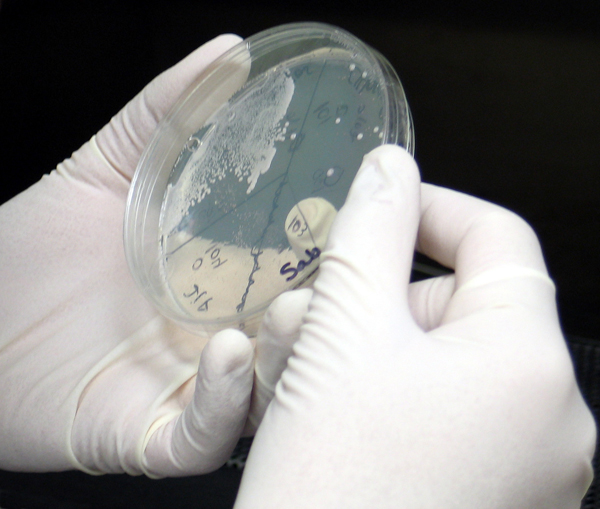Scientists at Stanford have used a new technique to genetically engineer yeast to produce hydrocodone – an opioid used to treat pain. “This is the most complicated chemical synthesis ever engineered in yeast,” says Christina Smolke, associate professor of bioengineering at Standford, and principal investigator on the study. The research was published online on August 13, in the journal Science.
Hydrocodone and other opioids are currently harvested from the opium poppy grow in specially-licensed farms in Australia and parts of Europe. It can take around 1 year to harvest enough of the poppies to produce a batch of opioid drugs, according to Smolke.
Yeast strains have long been used as expression systems for recombinant proteins. Manufacturers now use genetically modified yeasts to produce artemisinin – a drug used as an antimalarial – which was originally found in the sweet wormwood tree. It is estimated that one third of the world’s supply of artemisinin is purified from recombinant yeast.
Smolke and colleagues introduced a total of 23 foreign genes originally found in diverse species of poppy, as well as a few from the pseudomonas species of bacterium, a medicinal herb known as goldthread, and the humble rat. Introduction of this exogenous DNA allowed the researchers to complete the pathway of opioid production in yeast.
Along with hydrocodone, Smolke and her team were able to synthesize thebaine – a morphine precursor – in the yeast cells. Though further processing would be necessary to convert thebaine to morphine in a pharmaceutical manufacturing facility, the breakthrough would eliminate the need to grow the opium poppies altogether.
Opioids are some of the most commonly prescribed pain killers in the US. In light of the figures relating to prescription drug abuse – it’s estimated that 2.1 million people had drug abuse disorders related to opioid use – critics of this new technology worry that it could lead to further abuse of the medication.
“We want there to be an open deliberative process to bring researchers and policymakers together,” comments Smolke. “We need options to help ensure that the bio-based production of medicinal compounds is developed in the most responsible way.”
Smolke and co-authors note that this is a proof-of-principle study and that there is still a lot of work to be done in order to optimize and increase productivity of this process to a manufacturing scale. The researchers say this technology could not only revolutionize the drug manufacturing process but also reduce the cost of medicines making them more readily available to countries in need.
Sources:
- Scientists create opioids using yeast – http://www.medicalnewstoday.com/articles/298179.php
- Powerful painkillers can now be made by genetically modified yeast—are illegal drugs next? – http://news.sciencemag.org/biology/2015/08/powerful-painkillers-can-now-be-made-genetically-modified-yeast-are-illegal-drugs
- Galanie, S., Thodey, K., Trenchard, I., Interrant, M., Smolke, C. (2015). Complete biosynthesis of opioids in yeast. Science.












Join or login to leave a comment
JOIN LOGIN